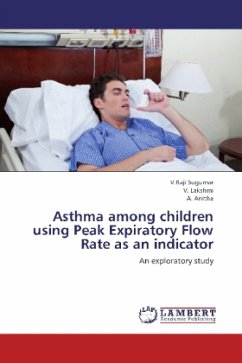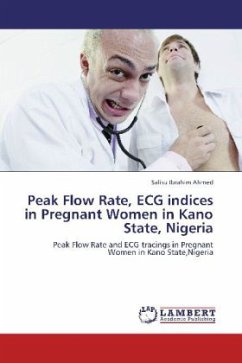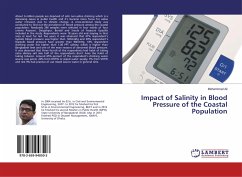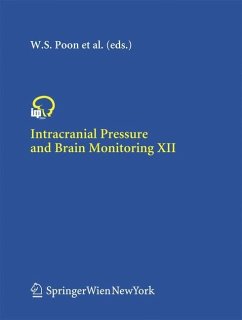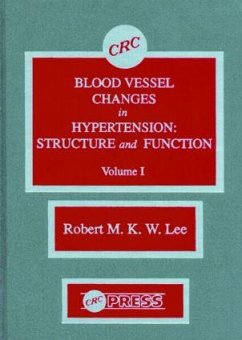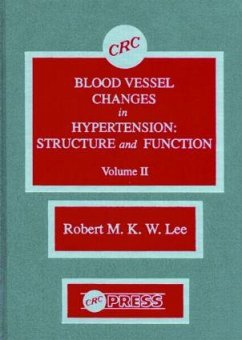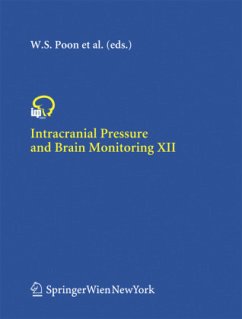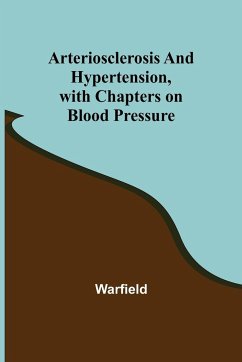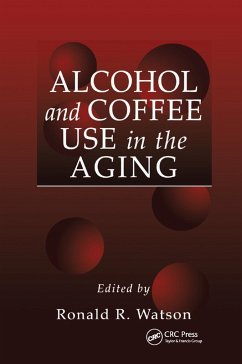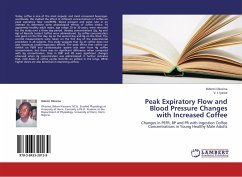
Peak Expiratory Flow and Blood Pressure Changes with Increased Coffee
Changes in PEFR, BP and PR with Ingestion Coffee Concentrations in Young Healthy Male Adults
Versandkostenfrei!
Versandfertig in 6-10 Tagen
27,99 €
inkl. MwSt.

PAYBACK Punkte
14 °P sammeln!
Today, coffee is one of the most popular and most consumed beverages worldwide. We studied the effect of different concentrations of coffee on peak expiratory flow rate(PEFR), blood pressure and pulse rate in an attempt to determine some physiological effects of coffee intake. 18 apparently healthy adult males, age range 20 to 30 years, were recruited for the study over a three day period. Varying concentrations (2g, 4g and 6g) of Nescafe Instant Coffee were administered. 2g coffee concentration was given on the first day, 4g on the second day and 6g on the third. The control measurements were...
Today, coffee is one of the most popular and most consumed beverages worldwide. We studied the effect of different concentrations of coffee on peak expiratory flow rate(PEFR), blood pressure and pulse rate in an attempt to determine some physiological effects of coffee intake. 18 apparently healthy adult males, age range 20 to 30 years, were recruited for the study over a three day period. Varying concentrations (2g, 4g and 6g) of Nescafe Instant Coffee were administered. 2g coffee concentration was given on the first day, 4g on the second day and 6g on the third. The control measurements were taken on the first day of the experimental procedure in all subjects. This study suggests that 2g of coffee does not give maximum cardio-respiratory effects. The peak effect that coffee can exhibit on PEFR and cardiovascular system was seen from 4g coffee concentration; but there was no significant difference when compared with 6g concentration. Only in DBP and PR were significant changes observed when 2g concentration was administered. It further indicates that, mild doses of coffee confer benefits on airflow in the lungs. While higher doses are also beneficial in improving airflow



